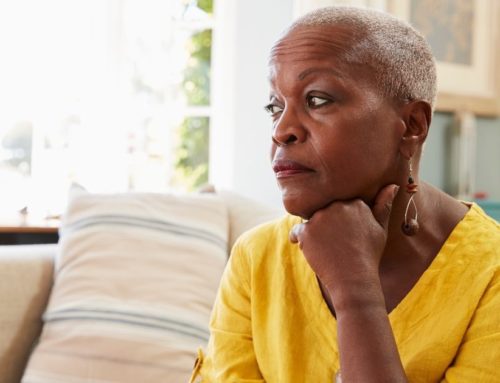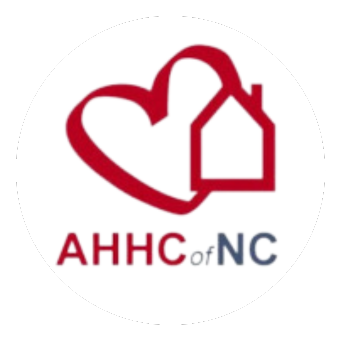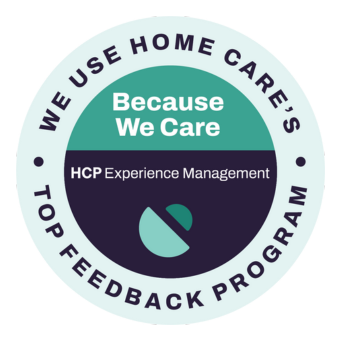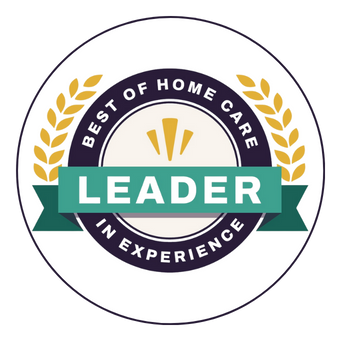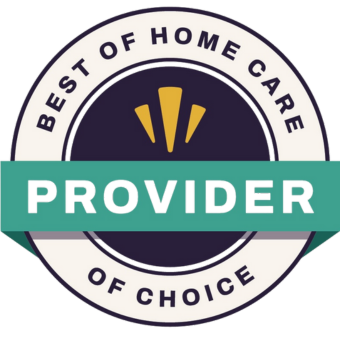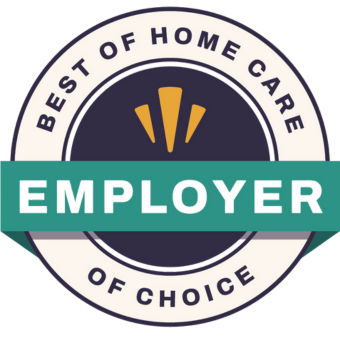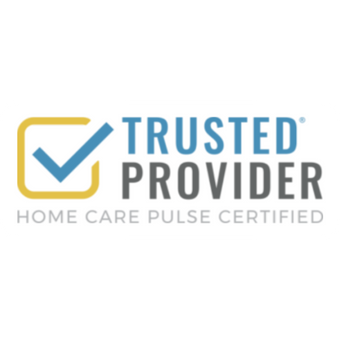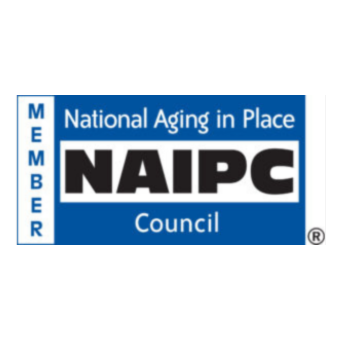Experts once thought that the incidence of anxiety disorders decreased with age. However, more recent information indicates that is not the case. In fact, as many as 15% of older adults suffer from an anxiety disorder. Occasionally feeling anxious does not mean a person has an anxiety disorder—it’s normal to experience anxiety now and then. When a person suffers anxiety for a long time or when the anxiety gets worse over time, they may have an anxiety disorder. If you or your parent’s elderly care provider have noticed that your parent seems more anxious than usual, it may be wise to have them evaluated.
What is anxiety disorder?
Anxiety disorder is a condition in which a person’s feelings of fear and panic make it difficult for them to go about their daily life. Sometimes older adults develop anxiety disorders during stressful events, such as a spouse dying or during an illness. There are several kinds of anxiety disorders. Three common ones are:
- Social Phobia: Social phobia is a disorder in which the person worries about being judged by others. They often know there is no reason to be afraid, but cannot help it. Social phobia can make it difficult for a person to go out in public.
- General Anxiety Disorder: When a person has general anxiety disorder, they worry excessively about everyday things. They may even feel anxious about just making it through the day because they think things will always go wrong.
- Panic Disorder: A person with panic disorder experiences periods of extreme fear, to the point of terror, which are called panic attacks. During a panic attack, the person may feel like they are losing control or are doomed.
What are the symptoms of anxiety?
Symptoms of anxiety disorder include:
- Wanting to avoid things that cause anxiety.
- Sweating.
- Feelings of nervousness and tension.
- Fast heartbeat.
- Rapid breathing.
- Feeling tired or week.
- Feeling a sense of impending danger.
- Trouble thinking about anything other than what is currently causing the person to worry.
- Difficulty sleeping.
- Gastrointestinal issues.
How can elderly care providers help?
One of the ways an elderly care provider can help with anxiety disorder is just being present and informing you if they notice a change in your parent’s behavior. Getting help sooner can make treatment more successful. An elderly care provider can also help your parent to manage anxiety symptoms by encouraging them to remain physically active, ensuring they get a good night’s sleep, and reminding them to take prescribed medications. If your parent needs counseling, an elderly care provider can remind your parent of appointments and drive them to the counselor’s office if necessary.
If you or an aging loved one are considering elderly care in Raleigh, NC or the surrounding areas, please contact the friendly staff at HomeChoice Home Care Services. Call today (919) 847-5622
Sources:
http://www.healthinaging.org/aging-and-health-a-to-z/topic:anxiety/
https://www.adaa.org/living-with-anxiety/older-adults
https://nihseniorhealth.gov/anxietydisorders/aboutanxietydisorders/01.html
http://www.mayoclinic.org/diseases-conditions/anxiety/symptoms-causes/dxc-20168124
http://www.mayoclinic.org/diseases-conditions/anxiety/manage/ptc-20168185



